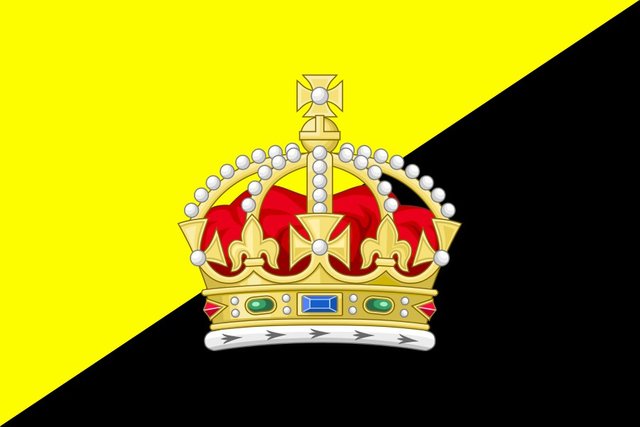
By Insula Qui
Author’s note: This is the final article in this series for now, not because there is nothing more to be said about libertarian statecraft, but because I have said everything that I can say with confidence. Expect more articles in the same vein, but this should serve as a good foundational document for libertarian statecraft. I post far more experimental ideas about the topic on the Libertarchy Blog. Furthermore, my book “Anarcho-Monarchism” has all the theory that preceded the view developed in these articles. I am grateful for the sustained interest and hope that I have started to fill a woefully empty niche in libertarian theory.
Introduction
Over the course of this series, we have provided the baseline content of libertarian statecraft, explained why it should be accepted, and have provided ways to prevent crime by reciprocity and high costs through nuclear armament. But one fundamental question has been left unanswered: the problem of greed, or how to prevent the libertarian government from turning into a den of special interests and totalitarianism. The libertarian government still retains the conceptual power to resell property if it can manage to manifest fundamental greed in the military apparatus.
Parts IX, X, and XI focused on what the libertarian government ought to do, but this article will solely focus on what we have to do to ensure that libertarian government can exist. Essentially, we must provide a theoretical model to ensure that defense forces are not abused to form the Nozickian minarchist state. We must also assure that we can retain heightened liberty while having the benefits of statecraft. To the dismay of Objectivists and some mainstream libertarians, the answer is to abandon the worship of greed.
Greed and the Military
Any government requires the support of the military. When the military interest is irreconcilable with the government interest, the military will overthrow the government. Furthermore, even when the military is responsible to the people rather than the government, as would be the case under libertarian statecraft, the problem of the military having its own interests still occurs. Thus, it is important that the military is not a self-serving institution and does not use its capacity for oppression.
This leads us to the Randian paradox of anarchism. Although it is a flawed argument against anarcho-capitalism, it can serve as an important critique of libertarian statecraft. Under the conventional model of anarcho-capitalism, the military is not a cohesive entity and thus constantly holds itself in check. This means that no military interest can actually form. The decentralization in the use of violence eliminates the monopoly on violence, bringing the military as a special class down with it.
Read the entire article at ZerothPosition.com
Love your work. Subscribed and upvoted some of the posts.
Downvoting a post can decrease pending rewards and make it less visible. Common reasons:
Submit